Culture as a Source of Soft Power
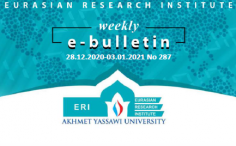
The term ”soft power” was coined by Joseph Nye in 1990 as a strategy for the development of American geopolitics in the context of the ended Cold War. The efforts of experts were aimed at creating a positive image of the country that would evoke sympathy among the nations. The desire […]
An Analysis of Economic Cooperation between Russia and Tajikistan
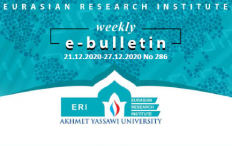
Economic cooperation with Russia remains important for Central Asia despite claims about its diminishing role in the region. Trade and in-vestment partnership with Russia significantly contribute to the region’s economic performance. A country-by-country analysis shows that Russia’s bilateral economic relations with Kazakhstan are historically strong. It plays an important role […]
Reconciling Western Aspirations and Eastern Sympathies: The Case of Moldova and Gagauzia
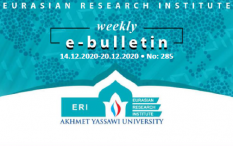
On November 15, 2020, Moldova held the second round of its fourth regular presidential election, on which the incumbent President Igor Dodon ran against his main rival Maia Sandu, who represented the pro-European electorate of Moldova. The victory of Maia Sandu over President Igor Dodon, who took anti-European and pro-Russian […]
European Union’s Engagement with Kyrgyzstan: A Brief Overview
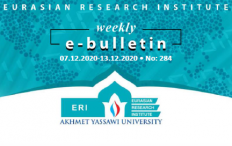
The European Union (EU) has always been an active actor in the Central Asian region. Since the early independence years, the EU supported the region with its technical assistance (TACIS) and later with its Development Cooperation Instrument (DCI). In 2007, the EU enacted its first Central Asia strategy that defined […]
How to Address the Issue of Skill Gap: The Case of Pakistan
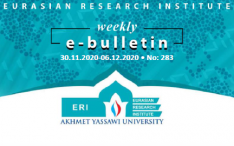
According to the International Labour Organization (2020), global young unemployment (15-24 years) rate is 13.6% globally. The number of youth that are unemployed and do not have an education or professional training, continues to in-crease. It means that the young generation requires an access to education and development of relevant […]
An Overview of Turkey’s Policy towards the Balkans
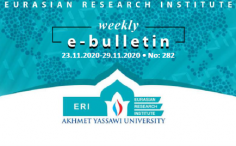
The Balkans, which were first used by the Ottomans as a geographical and political concept, are defined as the steep land consisting of forests and mountains. Despite different views on the borders of the Balkans, according to the generally accepted approach, the peninsula, which consists of an area of 1 […]
Kazakhstan’s Trade Relations in the Eurasian Economic Union: Developments in the Automotive Sector
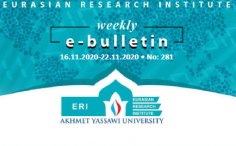
The sanctions imposed on Russia by the European Union (EU) and some western countries due to the annexation of Crimea, alongside with the decline in oil prices in the first years after the establishment of the Eurasian Economic Union (EEU) coincided with had a negative impact on the EEU.
A New Frontier in Social Remittance Transfers: Information and Knowledge Transfers
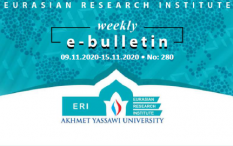
Migration is one of the ancient phenomena in the history of humanity that has lasted for thousands of years. In the 21st century, with the rapid development in the technological and infrastructural sys-tem of the transportation sector, the migration process has become easier and faster. In 2020, there are 272 […]
The Impact of the Covid-19 Pandemic on the Russian Economy
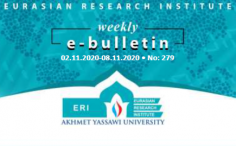
The COVID-19 pandemic with various restrictions implemented on a global level and additional measures taken at the national level have distorted the economic growth forecasts of almost all countries. According to the estimates of the International Monetary Fund, the total loss in the world economy for 2020-2021 will reach approximately […]
Uzbekistan’s Transition to Latin alphabet and Lessons Learned
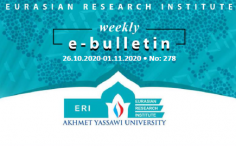
There are many Turkic people of the same origin with a total population of over 200 mil-lion. These people use various alphabets, especially Latin, Cyrillic and Arabic. The differences in the alphabets used, despite the similarities in the sound structure of Turkic languages, may shadow the fact that they have […]
